From the Get It! Guide: Donation hunters provide meat for underprivileged families and food relief agencies like MANNA FoodBank.


From the Get It! Guide: Donation hunters provide meat for underprivileged families and food relief agencies like MANNA FoodBank.
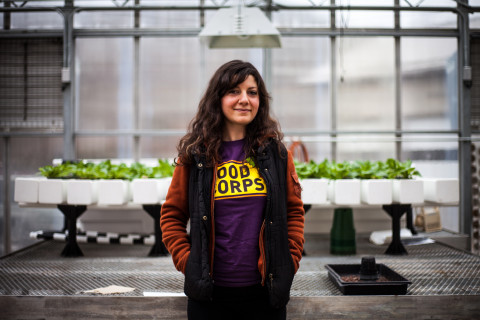
Cherokee is a community in flux. Decadeslong high poverty and unemployment rates are beginning to decline, but access to healthy food remains limited and cultural values seem to be changing. “It’s Western civilization versus our traditional Cherokee ways,” say community leaders. But community efforts are using gardens to reconnect the Cherokee people to local food, health and a collective heritage defined by knowledge of the earth.
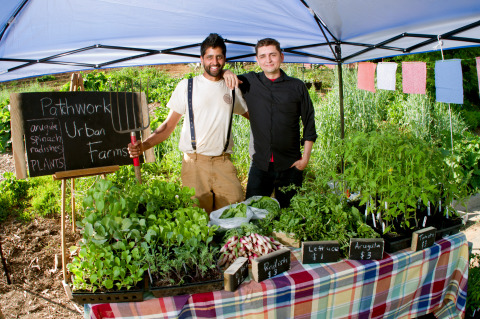
From the Get It! Guide: The process of becoming an urban farmer offers a quick learning curve full of chances for success or for failure. Start your journey by learning how to navigate the restrictions, requirements and resources of an urban farmer.
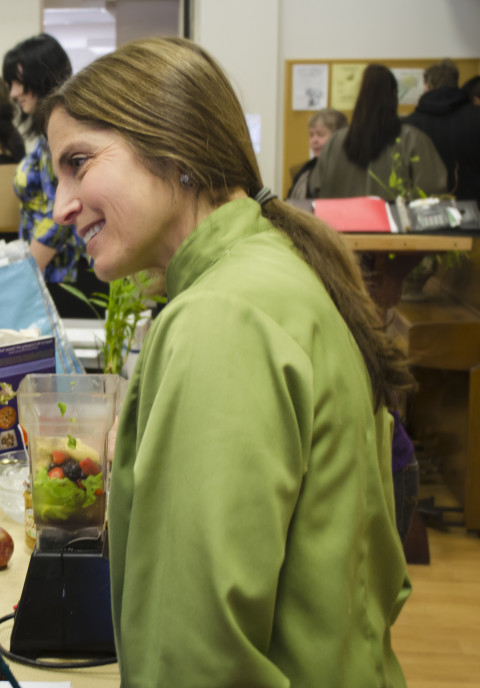
From the Get It! Guide: Allison Casparian has spent her entire adult life working in food. But it wasn’t until she experienced her own personal health crisis that she realized the power of nutrition and wellness.
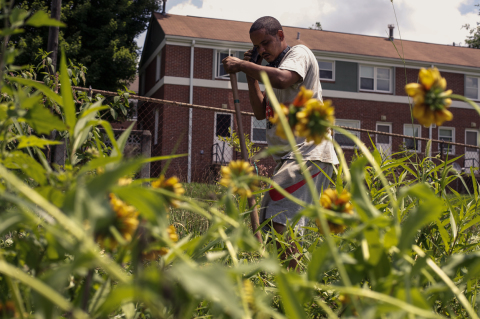
From the Get It! Guide: Green jobs, lush community gardens, community cookouts and water quality testing — these might not be things many in Asheville picture when they think of public housing. But residents says Asheville’s public housing neighborhoods are investing in their communities’ welfare and leading a growing interest in “greening” up the neighborhoods.

From the Get It! Guide: It was midwinter of 2012, and most Asheville residents hadn’t yet turned their thoughts to ripe tomatoes and summer squash. But Essie Silvers and a handful of her neighbors had a mission to bring a farmers market to their food-insecure East Asheville community.
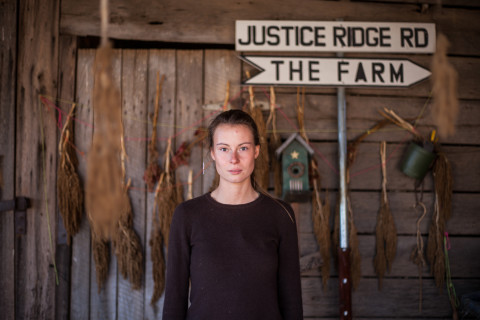
From the rancher with the cowboy hat and lasso to the grower on the tractor gazing out over the cornfield, our idea of a farmer is most often of a male — specifically an older, white male. In many ways, statistically speaking, that image isn’t wrong — but it may be changing. Diversity in agriculture is growing in WNC. Who are these new farmers? What challenges are they facing? And what new perspectives will they bring to agriculture in WNC?

Local Flavor AVL co-founder Flori Pate recently launched a new project aimed at community progress through collaboration. Food Connection, which consolidates hunger and food waste by redirecting surplus edibles, will hold a kickoff fundraiser at the Altamont Theatre on Friday, March 13.
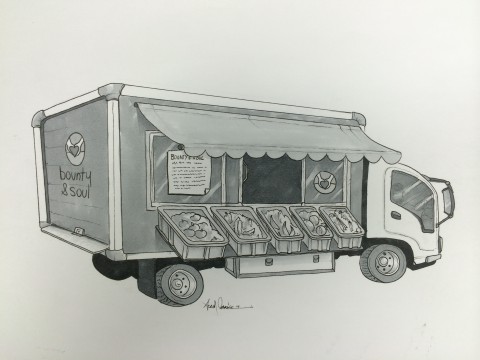
The organization has been running a pop-up food pantry and food security effort out of three locations in Black Mountain since 2012 but has been looking for a way to expand its reach since last spring.
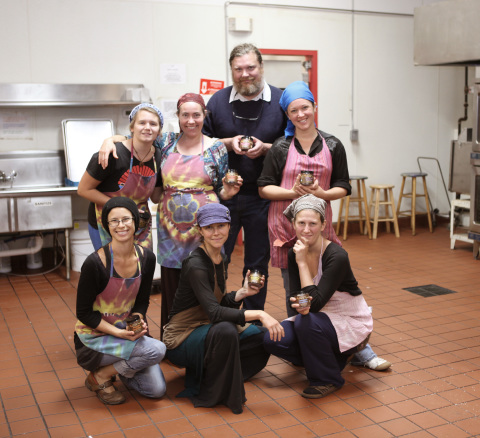
From the Get It! Guide: No one could have imagined that Blue Ridge Food Ventures would become one of the best-known facilities of its type in the country or remain the largest in the Southeast to this day. Since its official opening in 2005, Blue Ridge Food Ventures has helped launch more than 250 small businesses.
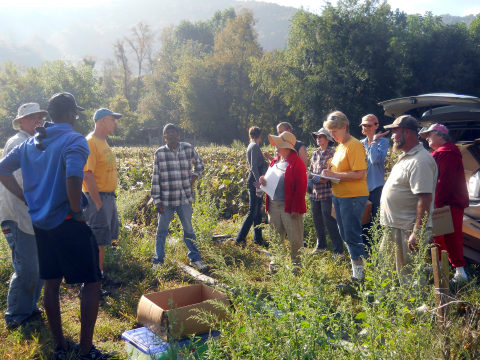
From the Get It! Guide: The Haywood County Gleaners currently work with 17 farms and farmers markets to gather leftover crops and donate them at 27 different sites, including senior centers and food pantries.
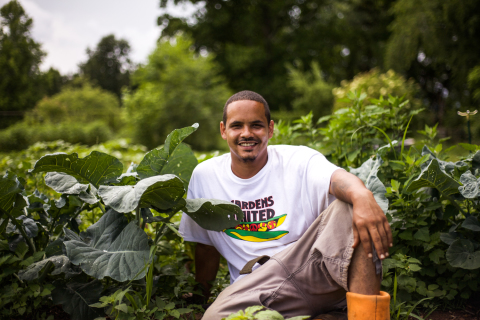
From the Get It! Guide: Sir Charles Gardner, a founding member of Gardens United, talks about food and building community through agriculture.
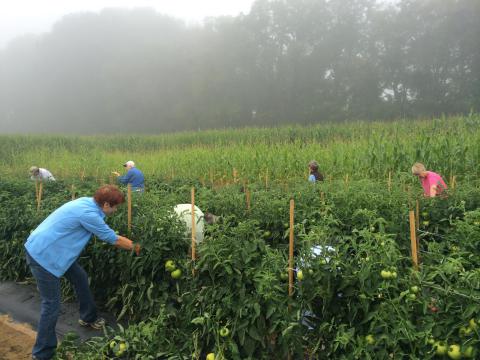
For many of us, when we think of preserved foods, we picture our grandparents carefully canning tomatoes from their garden, or the menu at a trendy restaurant featuring sauerkraut or pickled quail eggs. But imagine what food preservation means to someone experiencing food insecurity or to a donation grower faced with excess produce rotting in the field, and the image becomes something quite different.
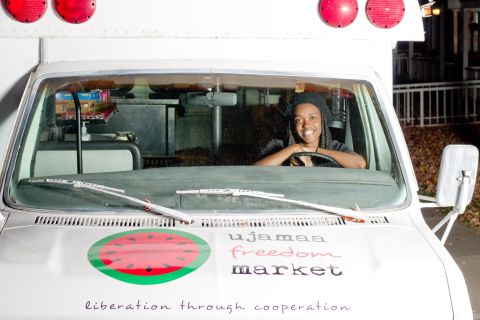
Local worker-owned mobile produce vendor Ujamaa Freedom Market was among 12 nonprofit organizations in the Southeast tapped to receive grants from Whole Foods Market’s Whole Cities Foundation.
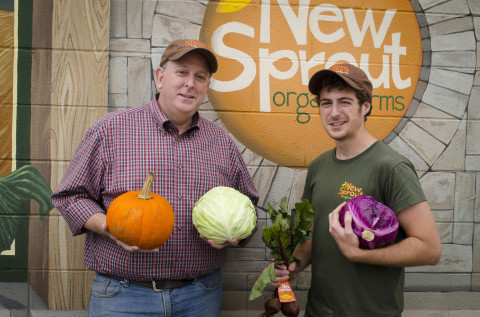
The long summer is behind us, but for many growers in Western North Carolina, the spring-summer growing season is only half the story. Commercial growers, donation gardens and garden-based education programs are all finding ways to make local food and food security a hallmark of WNC, year-round.
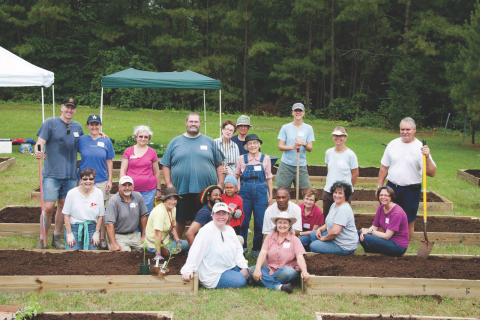
You may think the end of summer means a well-earned break from the fields and farms. But for community gardeners, both from WNC and across the state, autumn will be a time to share ideas and dream up innovations as they assemble for the N.C. Community Garden Partners conference, taking place on Saturday, Oct. 25, at UNC Asheville.
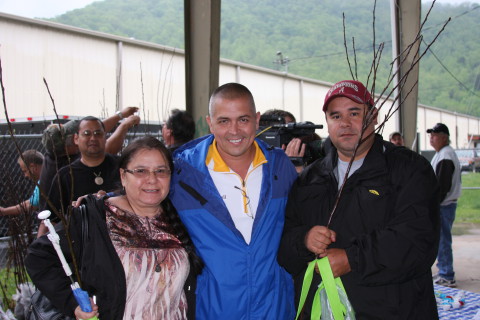
The Eastern Band of the Cherokee are working to overcome problems plaguing their community with a literal grassroots solution — a community garden kit program designed to encourage physical activity, increase access to healthy foods and promote family and agricultural traditions.
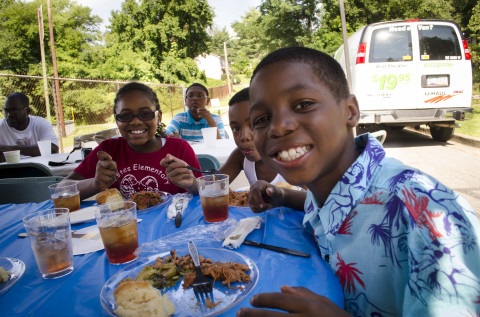
The Shiloh community celebrated their annual community garden potluck and summer celebration on Saturday, July 27. This year’s gathering was of particular significance to the community, as it marked the dedication of the garden’s new amphitheatre and outdoor kitchen.
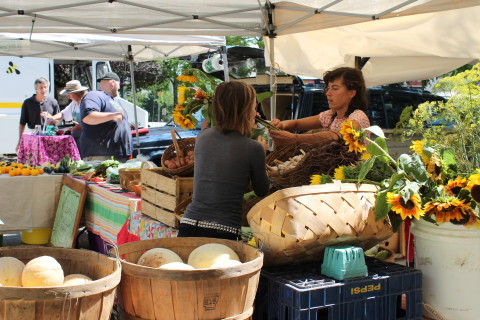
In 1790, 90 percent of Americans were farmers. Today that figure boils down to less than 1 percent. The change is particularly noticeable in the South, which up until the 1950s, was a largely agrarian society. Now, some are calling for a rebuilding and supporting of a locally-focused food system — which used to be prevalent in Appalachia.
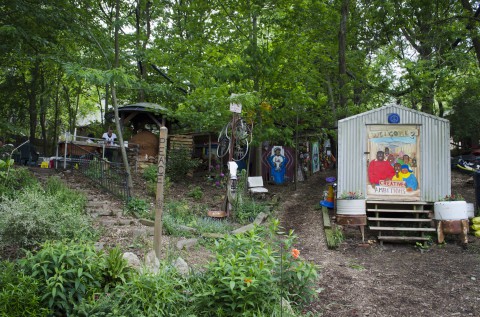
The Burton Street Community Peace Garden is filled with art installations, metal structures, canopies, reading nooks and tidy rows of vegetables. But this garden is known for growing something more than food — neighbors say this garden works to grow connections in a community with a history of being intersected.
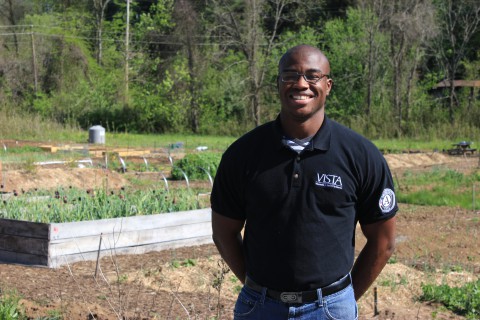
In our new section, area growers discuss their gardens and growing projects. This week Willie Jones, an AmeriCorps VISTA with Western Carolina University’s Center for Service Learning and Food Security Partnership and founder of the Jackson County Glean Team, tells us about gleaning and how it can be used to combat food insecurity.